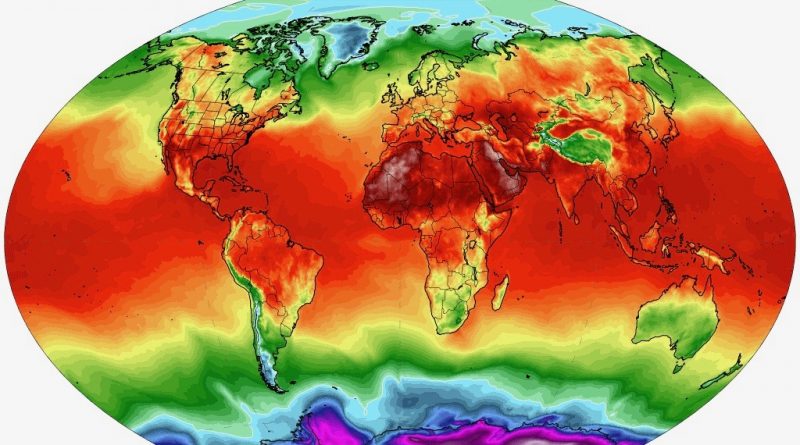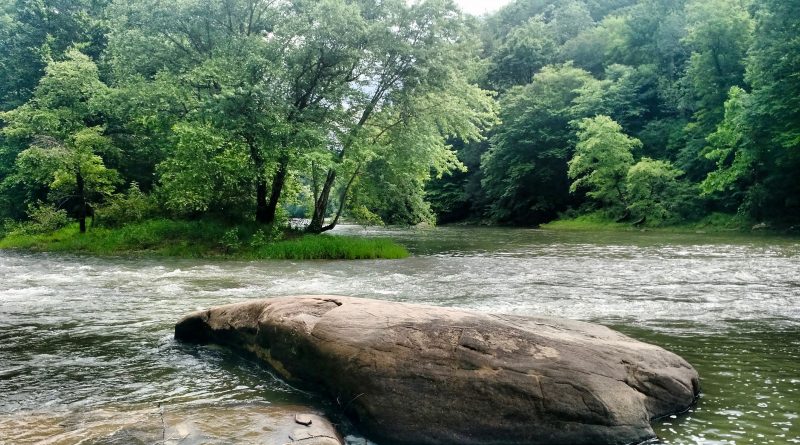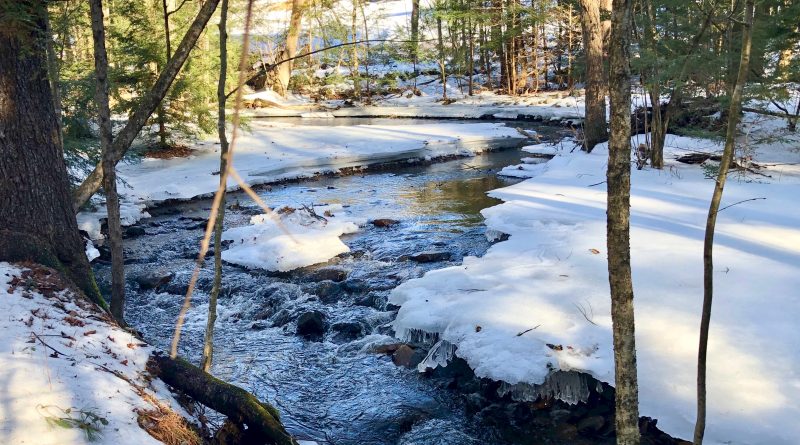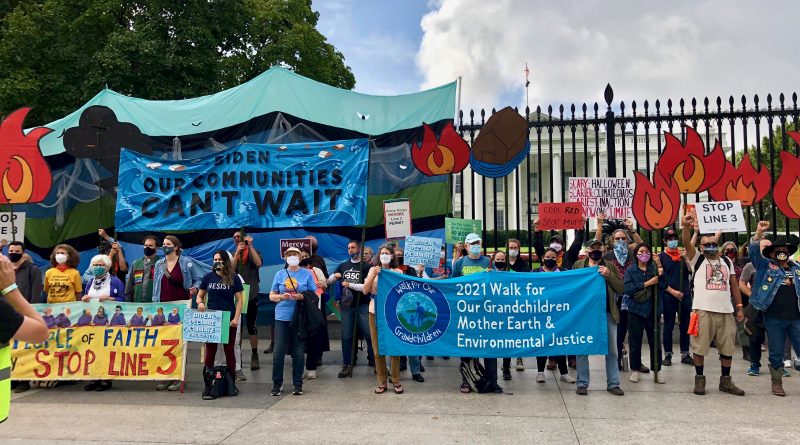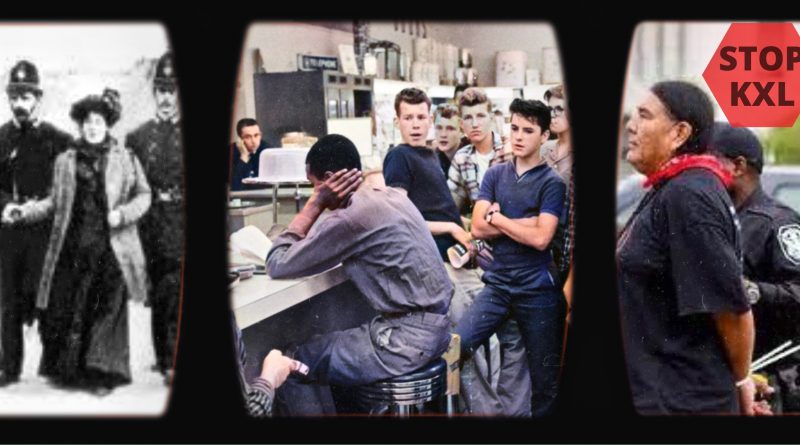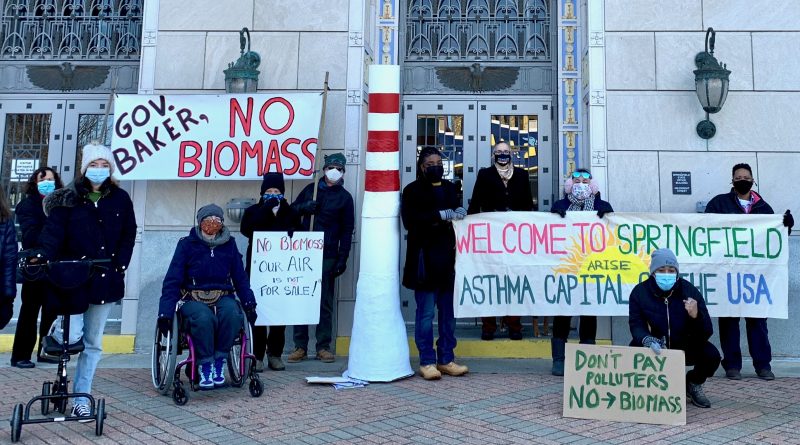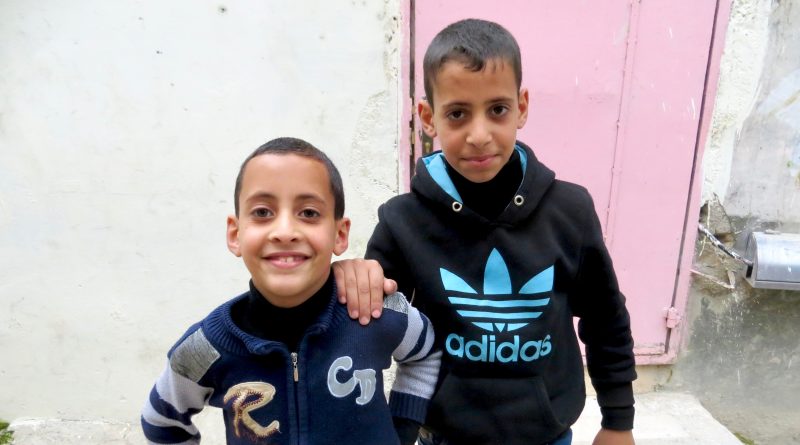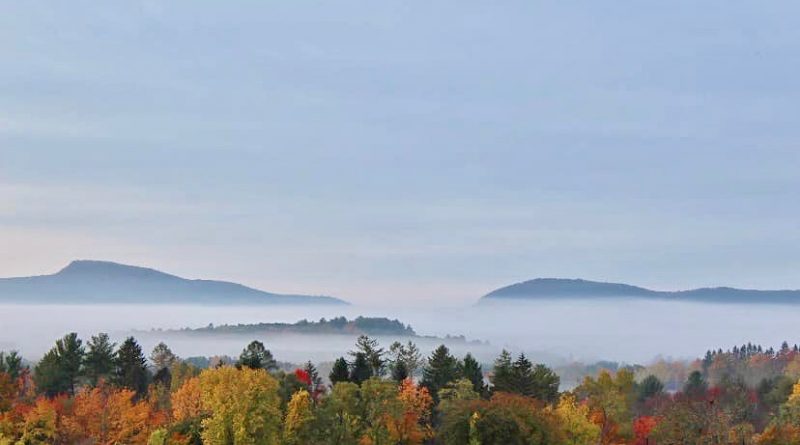I Don’t Like Bad News
I don’t like bad news. I don’t like reading that July 3, 4, and 6 each set a new record for the hottest average global temperature on Earth, for as long as records have been kept and, according to scientists’ best estimates, the hottest day in the last 125,000 years.
I don’t like reading that parts of China are suffering under a prolonged heat wave with temperatures up to 110° F; that 1.8 million Muslims on the hajj pilgrimage in Saudi Arabia encountered 118°F temperatures; or that scientists are alarmed at the “totally unprecedented” heat wave in the waters of the North Atlantic–melting sea ice and disrupting important currents.
I don’t like reading that wealthy nations and corporations blocked significant progress at the June UN climate session in Bonn, Germany that was designed to prepare proposals for the next big UN climate conference, COP 28, this coming December. “The Bonn Climate Conference laid bare the glaring hypocrisy of wealthy nations, showcasing a remarkable indifference to the struggles of developing countries,” said Harjeet Singh, head of global political strategy at Climate Action Network, which includes more than 1,500 civil society groups.
So, what do we do with bad climate news? I think it is important that we all develop workable approaches to this situation. We are certainly going to encounter plenty more bad news about the climate crisis in the months and years ahead. We don’t want ….
Read more